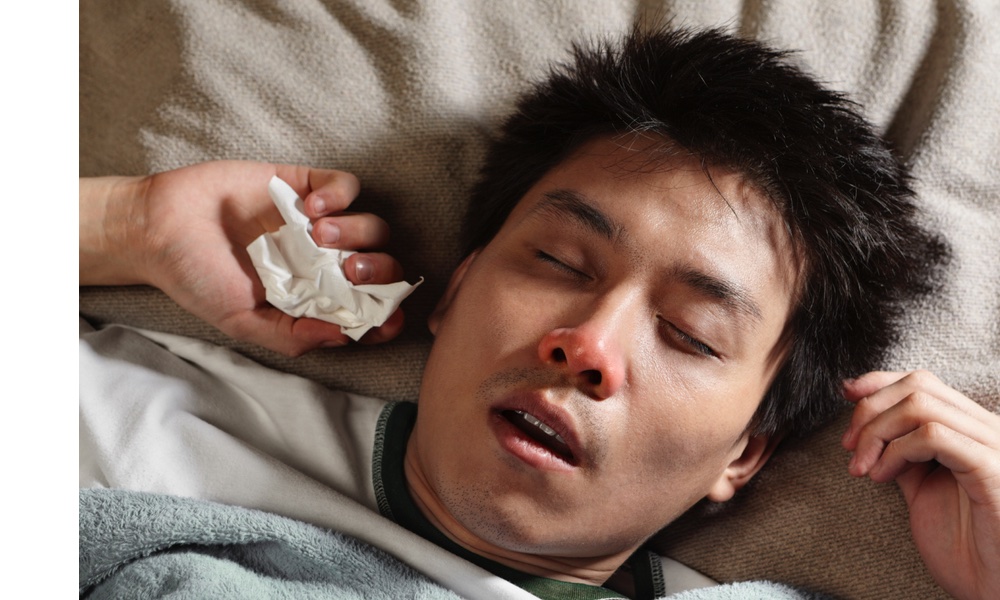The end of the summer brings with it anticipation of the new school year. From school clothes and school supplies to new teachers and friends, kids and their families have lots to look forward to.
Being in a new grade and a new class can also ratchet up worries about academic and social success. Each year, the C.S. Mott Children’s Hospital at the University of Michigan conducts a National Poll on Children’s Health and asks a sample of adults to identify what they see as health topics that are a “big problem” for children and teens.
The Top 10 health concerns for children for this year were:Internet safety is a major concern, especially since Internet bullying — on social media and by text and email — has been linked to anxiety, depression and suicide.
2. Not enough exercise (60%)
3. Unhealthy eating (57%)
4. Drug abuse (56%)
5. Internet safety (55%)
6. Child abuse and neglect (53%)
7. Suicide (45%)
8. Depression (44%)
9. Teen pregnancy (43%)
10. Stress (43%)
Over 1500 parents of children under 18 around the United States took part in the poll. Bullying, including cyberbullying, topped the list, but issues relating to obesity — inadequate exercise and unhealthy eating — were close behind.
The Internet is a fairly new danger zone, and Internet safety was a major concern. Cyberbullying — on social media and by text and email — has been linked to anxiety, depression and suicide, and is seen as a threat by many parents. Parents also worry their children will be victimized by adult predators lurking in Internet chat rooms.
Age-appropriate supervision of children's Internet use can reduce this risk. The authors recommend that parents talk with their children and educate them to recognize and respond appropriately to cyberbullying and report when strangers reach out and try to contact or meet them offline.
Motor vehicle accidents were another worry. Auto accidents are the leading cause of death for children ages 2-14 years old. Many of these occurred when parents did not make sure that restraints or seat belts fit properly or were being used. Educating teens to always use their seat belts when riding with friends is another critical intervention.
The results are available on the C.S. Mott website.





